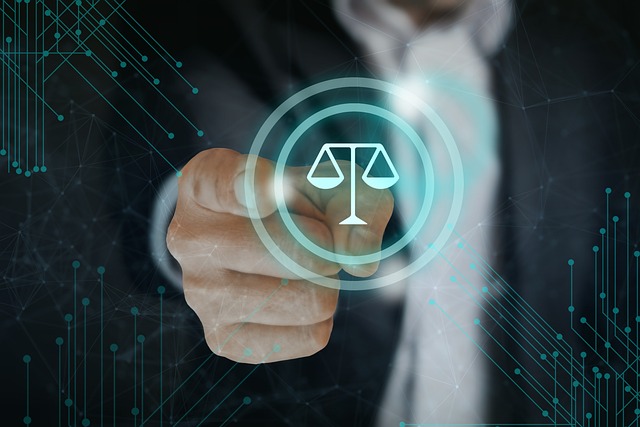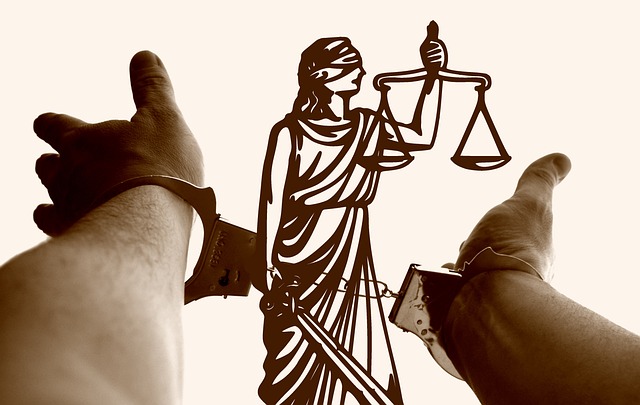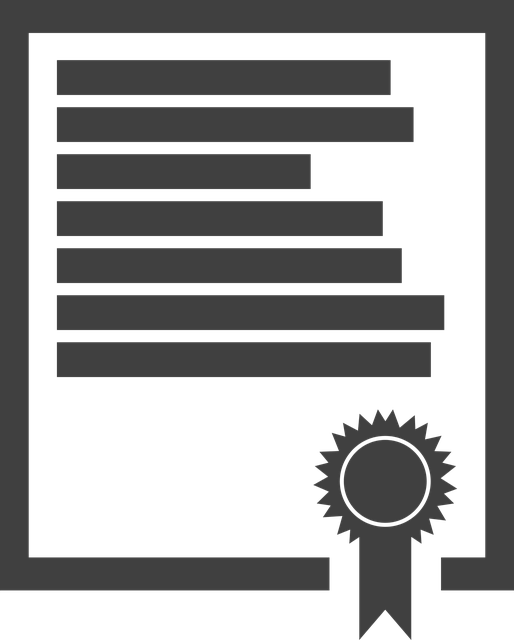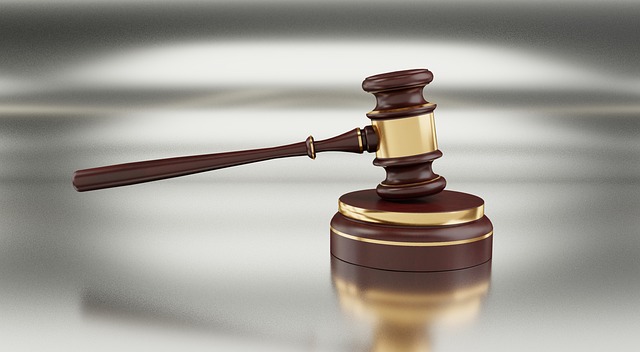Regulatory fraud laws protect industry integrity by preventing deceptive practices, covering false statements, misrepresentations, and omissions across sectors like finance, healthcare, and environment. Understanding these laws involves recognizing civil vs. criminal violations with varying appeal processes. Defendants facing unfavorable rulings have rights outlined in the Criminal Procedure Appeal Process Explained, which begins with a timely notice of appeal and preparation of appellate briefs. Strategic defense includes comprehending allegations, gathering comprehensive documentation, and proactively addressing potential violations to avoid indictment. High-profile cases in pharmaceuticals and corporate sectors underscore the real-world implications of these laws in holding corporations accountable.
Regulatory fraud laws are essential tools in combating dishonest practices that undermine fair business operations and public trust. This article delves into the intricate world of these laws, offering a comprehensive guide for understanding their scope and impact. We explore key concepts, including definitions of regulatory fraud, and provide an in-depth look at the Criminal Procedure Appeal Process Explained—a critical step for those facing charges. Furthermore, we offer practical considerations for defense strategies and present real-world scenarios to highlight the far-reaching implications of these regulations.
- Understanding Regulatory Fraud Laws: Definitions and Scope
- The Criminal Procedure Appeal Process: A Step-by-Step Guide
- Key Considerations for Defending Against Regulatory Fraud Charges
- Real-World Examples and Implications of Regulatory Fraud Laws
Understanding Regulatory Fraud Laws: Definitions and Scope

Regulatory fraud laws are designed to protect the integrity of various industries by preventing businesses and individuals from engaging in deceptive practices. These laws encompass a wide range of activities, including false statements, misrepresentations, and omissions made with the intent to deceive regulatory bodies or the public. The scope of these regulations is vast, covering financial institutions, healthcare providers, environmental agencies, and more, ensuring that stakeholders adhere to ethical standards.
Understanding these laws involves grasping the distinction between civil and criminal violations. While civil penalties focus on compensating affected parties, criminal procedures appeal processes explained in detail across the country vary significantly. For corporate and individual clients alike, navigating this legal landscape is crucial to avoid severe consequences. The complexity of regulatory fraud laws demands a thorough assessment of respective business practices to ensure compliance, thereby fostering trust and transparency in various sectors.
The Criminal Procedure Appeal Process: A Step-by-Step Guide
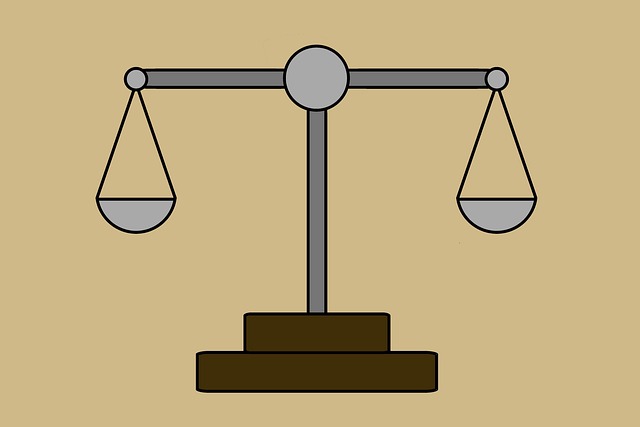
The Criminal Procedure Appeal Process Explained
In the event of an unfavorable ruling, defendants have the right to appeal, aiming to avoid indictment and seeking justice. This process is a crucial aspect of the criminal justice system, particularly in white-collar defense cases, which often span across the country due to complex financial networks. The journey through this process involves several steps.
First, a notice of appeal must be filed within a specific timeframe after the judgment. This initiates the legal procedure, allowing for a thorough review of the case by a higher court. Subsequent stages include the preparation of appellate briefs, where both parties present their arguments and evidence to support their positions. Oral arguments may follow, providing an opportunity for lawyers to advocate on behalf of their clients before the appeals court. Throughout this process, ensuring the adherence to legal procedures is paramount to avoid further complications or a dismissed appeal.
Key Considerations for Defending Against Regulatory Fraud Charges
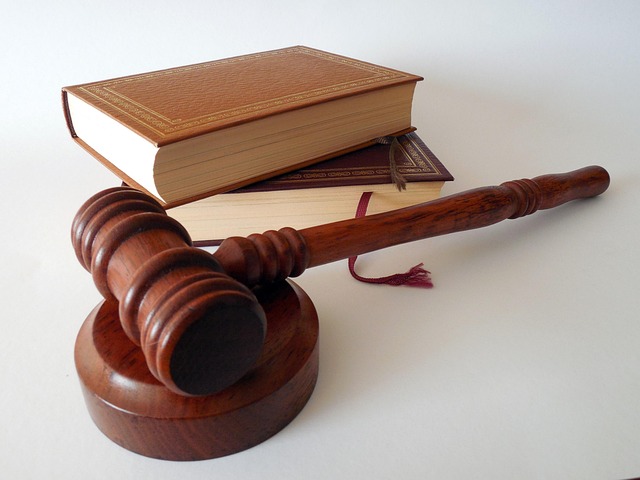
When facing Regulatory Fraud charges, a robust defence strategy is paramount. The first step involves understanding the nature of the allegations and the specific regulatory framework they stem from. Businesses and individuals must comprehend their rights and obligations under the respective business laws and Criminal Procedure Appeal Process.
A key consideration is to gather comprehensive documentation that can prove compliance with regulations. This includes financial records, internal audits, and communication logs. By presenting a well-documented defence, legal teams can effectively challenge the prosecution’s case. Additionally, it’s crucial to remain proactive throughout all stages of the investigative and enforcement process, aiming to avoid indictment by proactively addressing any potential violations or gaps in compliance.
Real-World Examples and Implications of Regulatory Fraud Laws

The implications of Regulatory Fraud Laws can be seen in numerous real-world examples across various industries. One notable instance involves a major pharmaceutical company that manipulated clinical trial data to market a drug for off-label use, leading to severe health risks for patients and hefty fines and imprisonment for those involved. This highlights the importance of these laws in holding corporations accountable for their actions.
Similarly, cases involving corporate fraud have resulted in far-reaching consequences. For example, the Enron scandal revealed widespread accounting fraud that led to the collapse of the energy giant and severe economic repercussions. These incidents underscore the necessity of robust Regulatory Fraud Laws to protect both individual clients and respective businesses from unethical practices. The Criminal Procedure Appeal Process Explained further reinforces these laws’ significance, ensuring justice is served and an unprecedented track record of accountability is maintained.
Regulatory fraud laws are essential tools in upholding ethical business practices and protecting consumers. By understanding the definitions, scope, and key considerations involved, individuals and businesses can better navigate the criminal procedure appeal process explained in this article. Familiarity with real-world examples and implications equips us to prevent and address fraudulent activities effectively, ensuring a fair and transparent business landscape.
